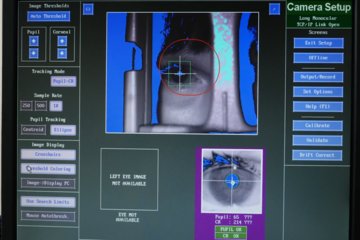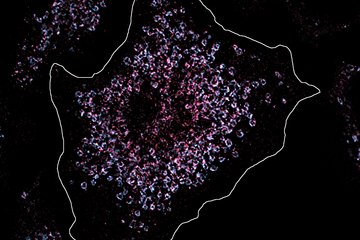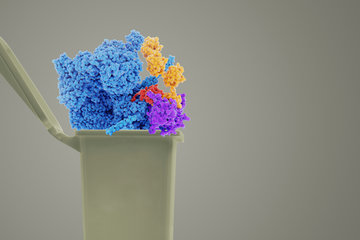Clemedi concludes license agreement for detecting latent tuberculosis
New diagnostic tool aims to improve disease management
Clemedi aims to extend its tuberculosis product line to cover latent tuberculosis. This requires the ability to extract M. tuberculosis DNA from a patient’s blood. The Intellectual property related to this discovery is jointly owned by the Max Planck Society and the Medical University of Vienna. All parties have recently concluded a license agreement which will allow Clemedi to commercialize the invention.

Latent tuberculosis is a presentation of tuberculosis where the patient does not show any symptoms and also cannot transmit the disease to others. However, in times where the immune system is suppressed or challenged, the disease can transition back to active tuberculosis. How this happens and whether it can be predicted is a field of active research. Due to this fact, latently infected patients are a reservoir of disease and need to be considered in order to eradicate tuberculosis, a goal of the international community.
Currently all patients undergoing immune-suppressive therapy, such as before organ transplant or due to chemotherapy are required to be screened for latent tuberculosis. This is typically done with tests interrogating the immune memory for any contact with tuberculosis. These tests are often false-positive in patients vaccinated against tuberculosis or with long-past tuberculosis infection. These tests also cannot be used to confirm success of the eradication therapy following a positive finding.
Improving disease management
Sebastian Dümcke, CEO and founder of Clemedi, states: “At Clemedi we believe that the recent discovery that M. tuberculosis DNA can be recovered from blood in patients with latent tuberculosis will help improve the management of this disease. It provides tangible evidence of an infection and allows to determine potential drug resistance to better inform therapy. Lastly it allows to confirm that the diseases has been cleared by therapy. We are excited to bring this discovery to market and strengthen our portfolio for tuberculosis.”
“We are pleased, that Clemedi licensed the results of the cooperative work between the Max Planck Institute for Infection Biology in Berlin together with the Medical University of Vienna. This promises a greatly improved identification of patients infected with tuberculosis with the help of the AI-based analytical platform of Clemedi”, concludes Dieter Link, license and patent manager at Max Planck Innovation, the central technology transfer agency of the Max Planck Society.
Claudia Ballaun, technology transfer manager of the Medical University of Vienna underlines that "Wolfgang Bauer and Georg Stingl, the inventors from the department of Dermatology of the MedUni Vienna emphasize that there will be further studies in the future that will enable rational design of host-directed tuberculosis therapies.”












